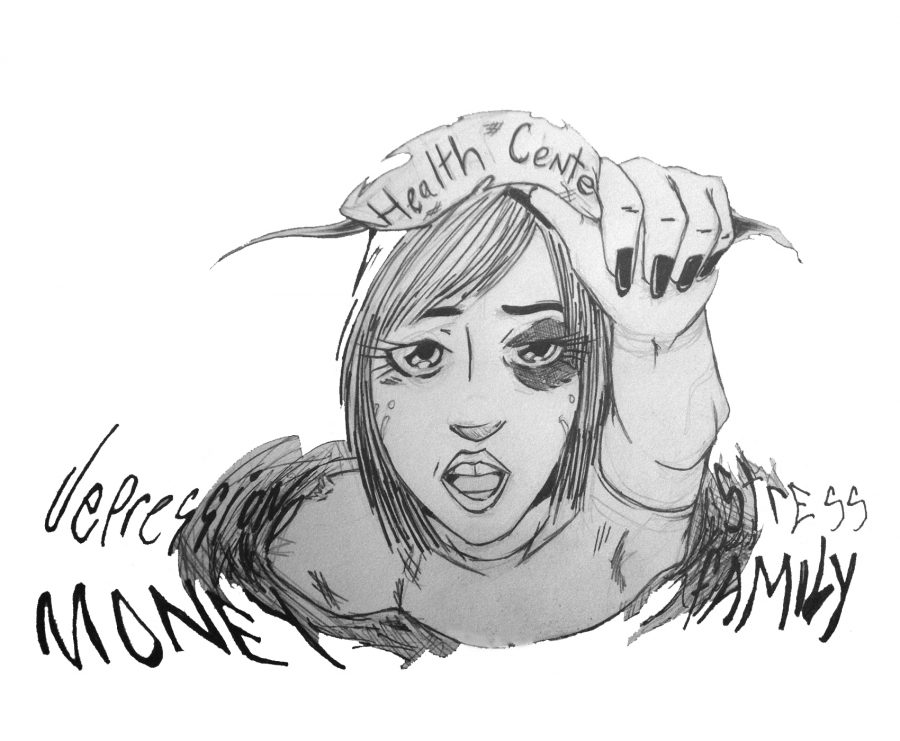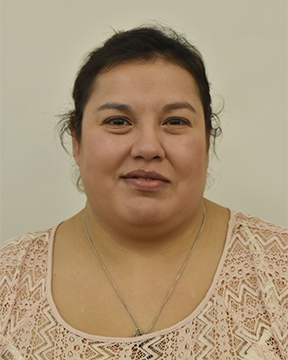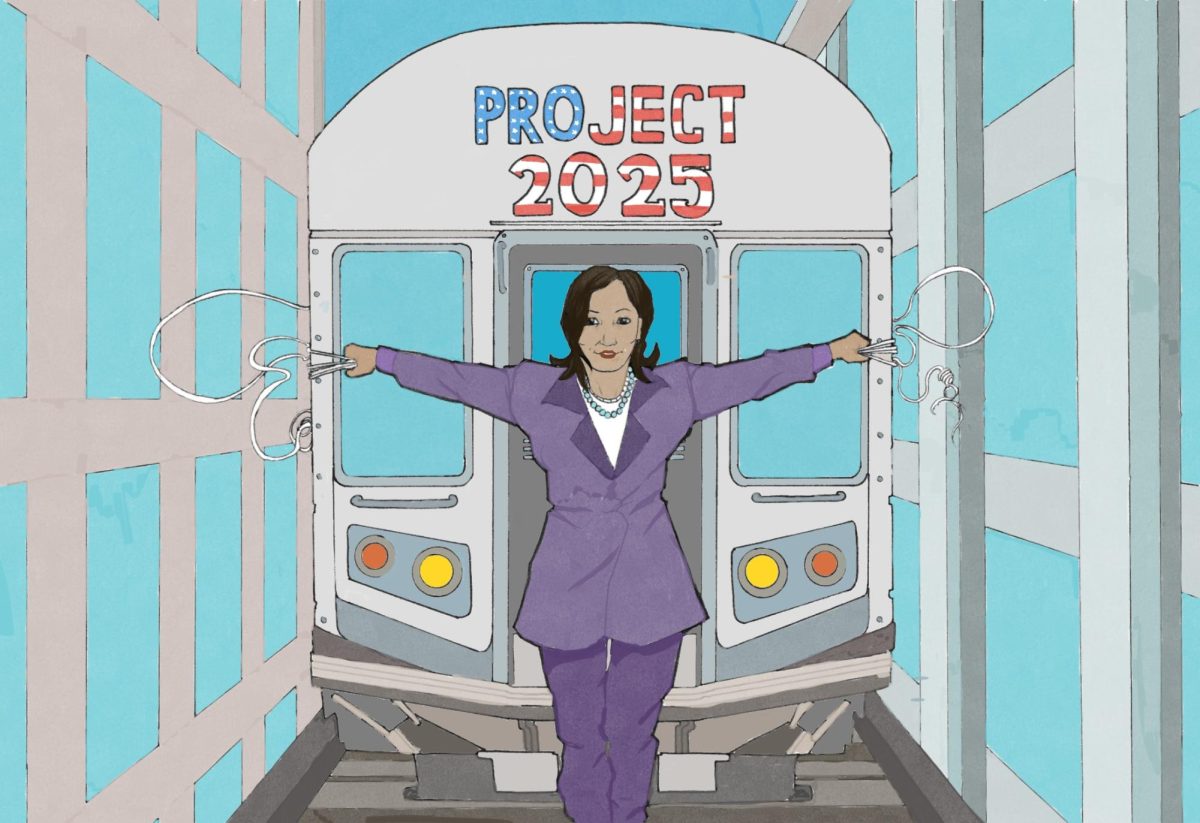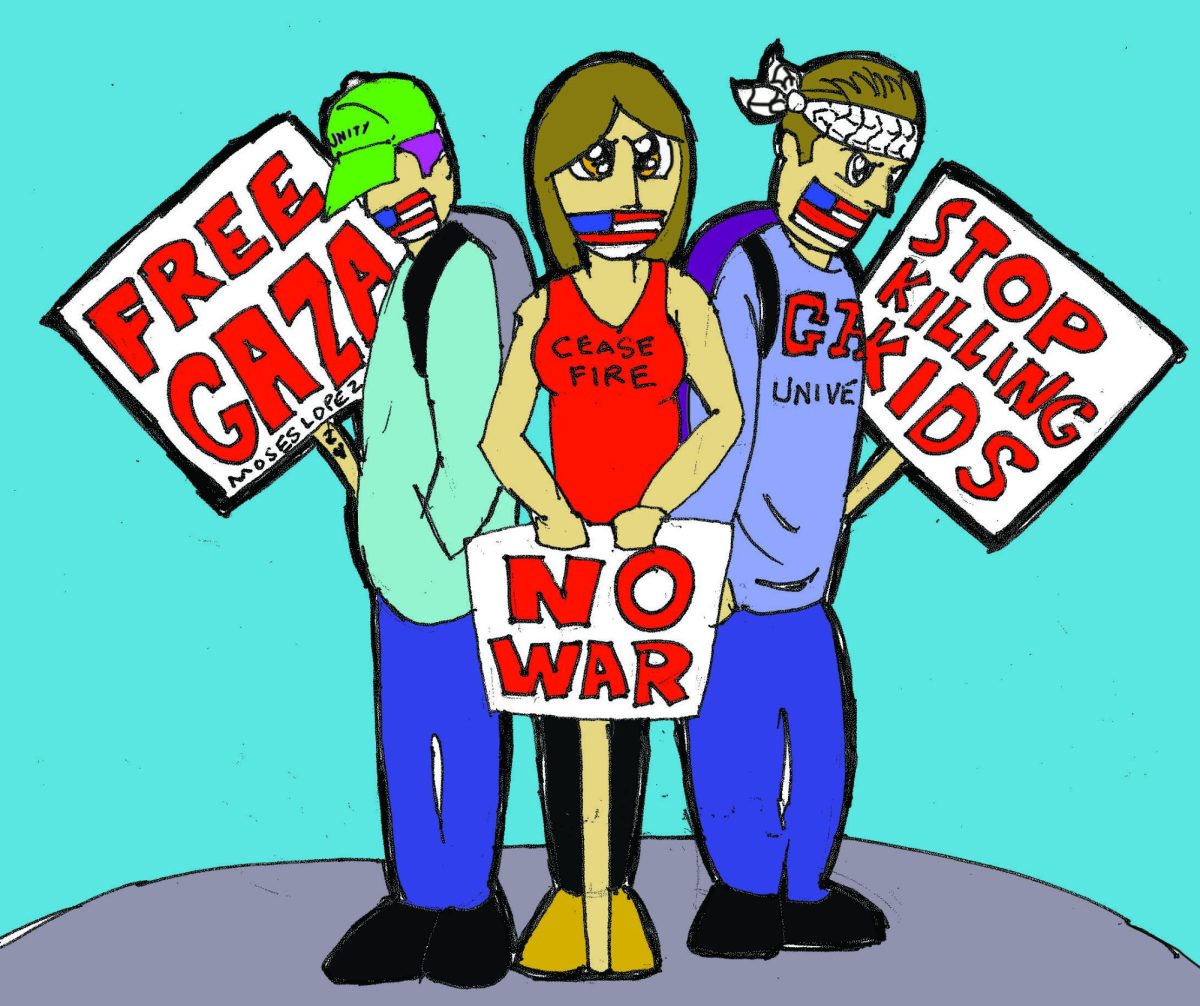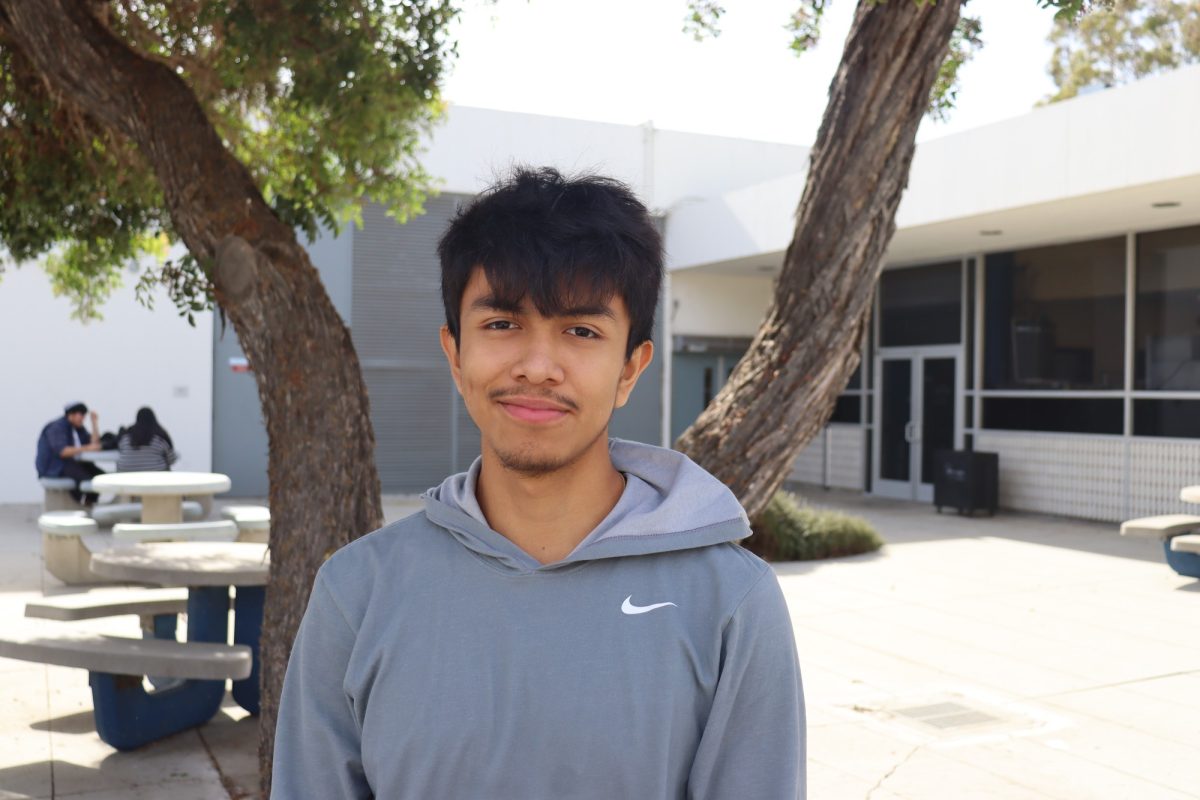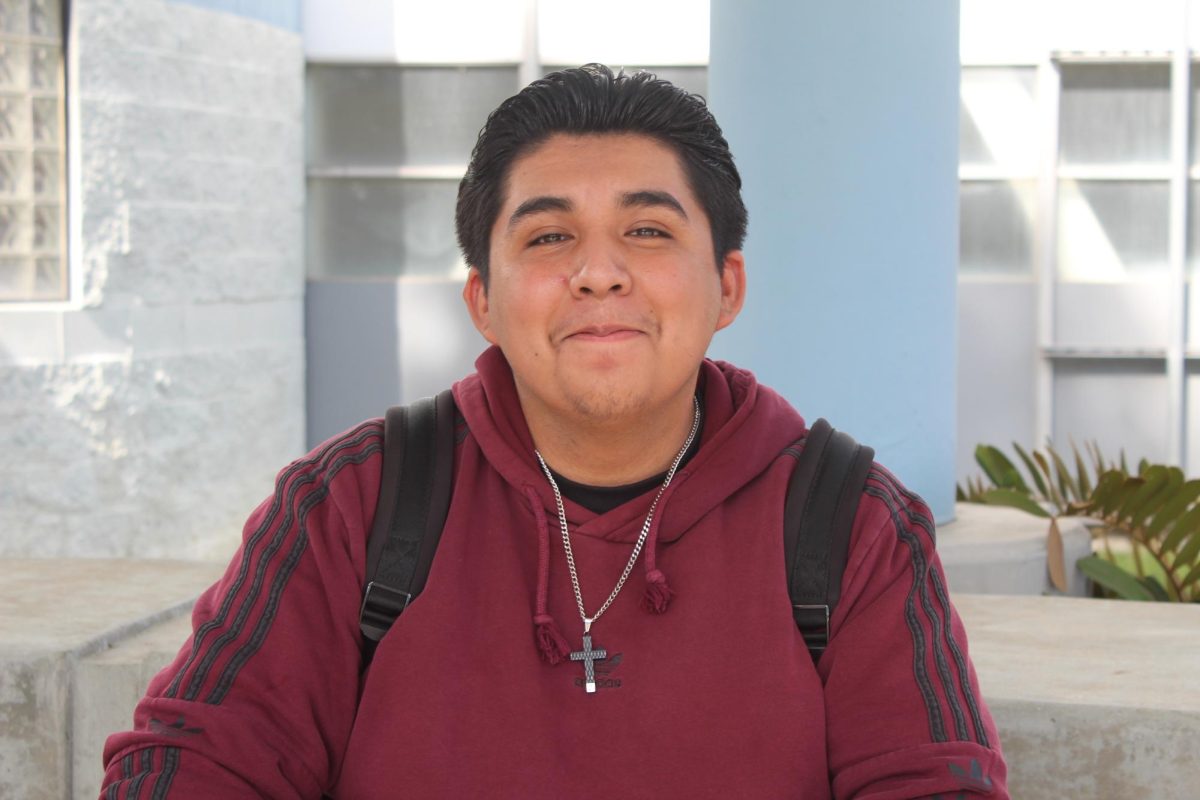“Help me please”
If you heard that, most would immediately take action. However, those are not statements you hear every day. The majority of the people who desperately need help stay quiet for many reasons.
One, for fear from their aggressor and two, they convince themselves that things will change on their own.
They also don’t realize how much danger they are in.
People who suffer from depression, stalking, rape, domestic violence, emotional violence, post traumatic stress disorder, anxiety or stress do not wear a sign or scream for help.
For those who suffer quietly, or know someone who is suffering or in danger, there are services available to help. There are people who are trained to help. Seek them and use the services and resources.
Find empowerment in asking for help. Help someone find the health services available and relieve them of their suffering.
Depression, according to the National Institute of Mental HealthNational Institute of Mental Health statistics for 2014 states that 6.7 percent (equates to 15.7 million) of all adults 18 years or older in the United States suffered from one or more episodes of major depression in the past year.
Depression can lead to suicide according to America’s Health Rankings United Health Foundation California ranked in seventh place nationwide in deaths by suicide.
Domestic violence incidents can go on for years without being reported, and they can easily escalate into life threatening situations.
The stress we all feel as midterms or finals are approaching, the stress of having a job, the stress to study and maintain a social life can escalate to the ultimate consequence if it goes unnoticed and untreated.
According to the According to the Center for Disease Control and Prevention website, “On average, 20 people per minute are victims of physical violence by an intimate partner in the United States. Over the course of a year, that equals more than 10 million women and men.
“Those numbers only tell part of the story—nearly 2 million women are raped in a year and over 7 million women and men are victims of stalking in a year”
However, to say “Help me please” or “somebody save me” is difficult. To recognize there is a problem in your life and seek help takes a combination of an enormous amount of self-reflection and strength to acknowledge.
When there is no immediate cry for help and no immediate danger we overlook things and struggle with internalizing questions like, “What if they don’t want my help? What if I’m wrong and they don’t need my help? What if I call the police and ruin their life?
You don’t have to answer those questions alone. There are resources and trained professionals available to help in different situations. Help is located on campus in the Student Health Services building.
Use the resources available and find empowerment and encouragement from people who are there to help. Cerritos College has Project Safe available for anyone who is dealing with dating and domestic violence, sexual assault, and stalking.
The Campus Service number is (562) 860-2451. There are different extensions for different resources. The extension numbers are the following:
2473: Alteration of Academic Situation and Disciplinary Complains and Investigations
2321: Confidential and anonymous counseling and Medical Services (Injury treatment, Emergency Contraceptives, STD Testing & Treatment, ect.)
3076: Criminal Reporting & Investigations, Safety Escorts, Transport to Emergency Room & Protective Orders
2276: Title IX Coordinator the Director of Diversity, Benefits & Compliance, Human Resources.
There are also online resources available for different situations.
For further information and resources on how to receive help, go to talonmarks.com.
Making a call, visiting a website or going to the Student Health Center can make a difference in saving a life.



